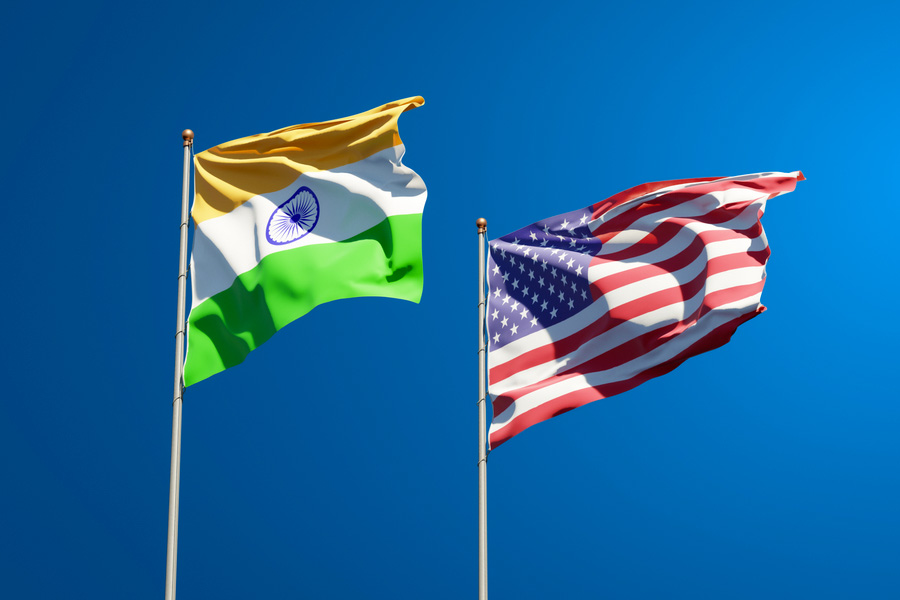India and the United States of America extended their defence framework agreement last week by another decade — until 2035 — following a meeting between the Indian defence minister, Rajnath Singh, and his US counterpart, Pete Hegseth. In effect, the pact commits the world's two largest democracies to a renewed strategic convergence, outlining how they can jointly design and manufacture state-of-the-art weapons systems, carry out training exercises together, and deepen intelligence sharing. The agreement is a positive development, especially because of the recent tensions between India and the US. On the surface, this might seem odd. Strategic and military pacts between two nations are usually the outcome of broader trust and bonhomie, the ultimate seal of confidence in a relationship. In a topsy-turvy world, that equation stands upended. But the US and India have shown that the equation could still work despite the rumblings. At a time when the US president, Donald Trump, has imposed 50% tariffs on Indian goods, attempted to coerce New Delhi to stop buying Russian oil, mocked the Indian economy and repeatedly embarrassed Prime Minister Narendra Modi through his claims that he brokered peace between India and Pakistan after their conflict in May, trust between the countries is at the lowest it has been this century. Yet, the defence deal suggests that despite those fissures, the two sides see merit in building on their defence partnership.
The benefits for the US are clear: the framework agreement is the bedrock for a series of other strategic pacts between the nations that allow them, among other things, to use each other's bases and ports for refuelling, maintenance and repair. Given the US's military ambitions in both the Middle East and the Indo-Pacific region, Washington will want that access. The agreement also signals India's intent to buy more military hardware from the US which Mr Trump’s administration wants. The agreement has value for India too in the current climate. It is merely an extension of an existing deal, and so can hardly be seen as provocative by India's regional rivals. Yet it tells those gloating about difficult New Delhi-Washington relations that India can manage complex ties. Most crucially, it signals India's long-term commitment to the bilateral friendship. There are attendant challenges for sure. For instance, India’s reliance on Russian defence products and its own aspirations to expand indigenous military production to lower its defence imports need to be balanced with its commitment to the US. But by keeping the broader foundations of the relationship intact and strong, India can then rebuild an important partnership with more willing friends. The defence agreement, in a nutshell, is an investment for the future.











